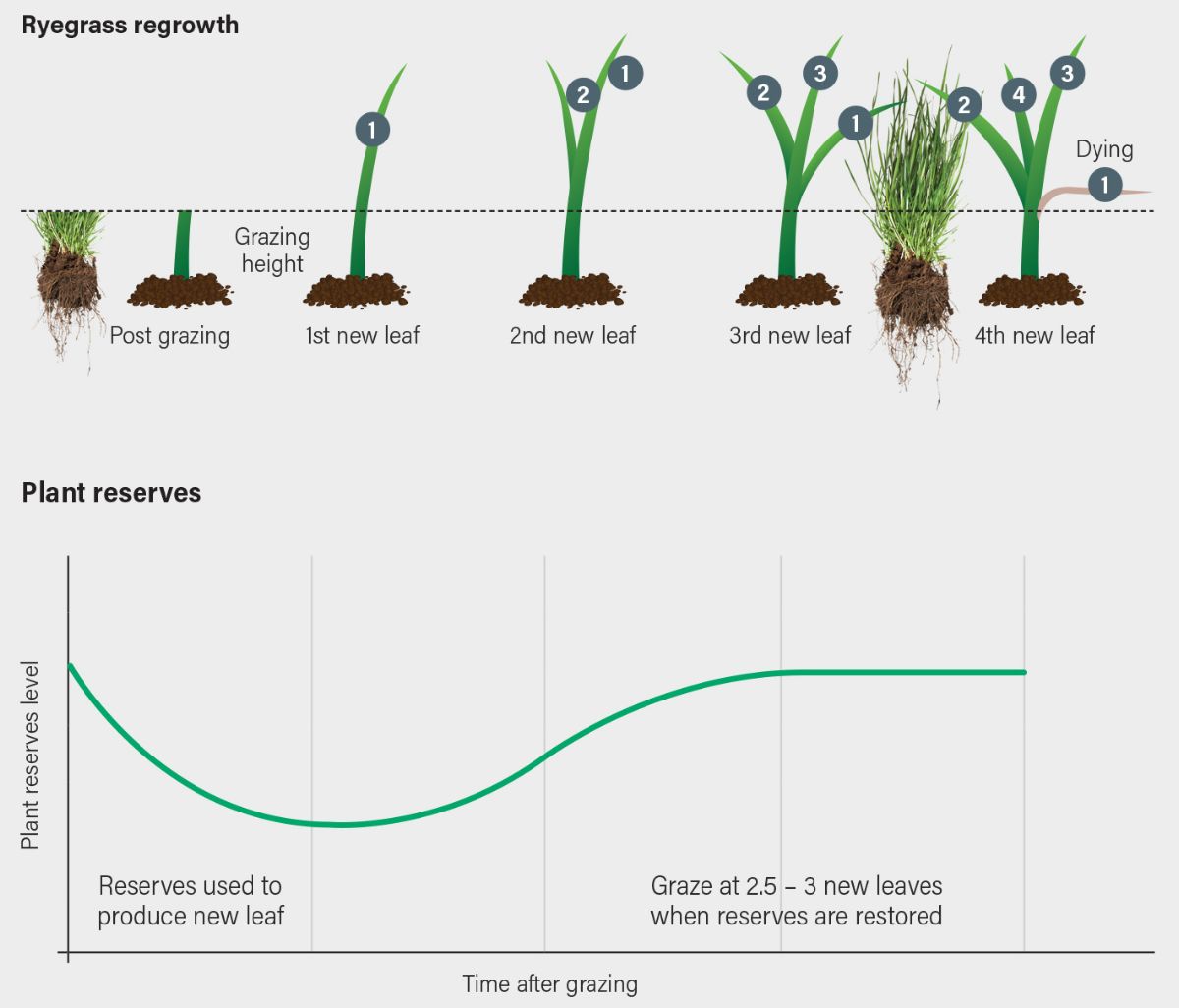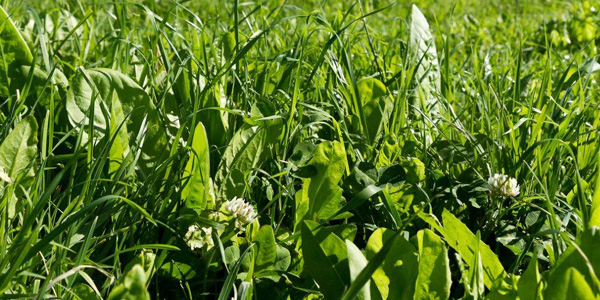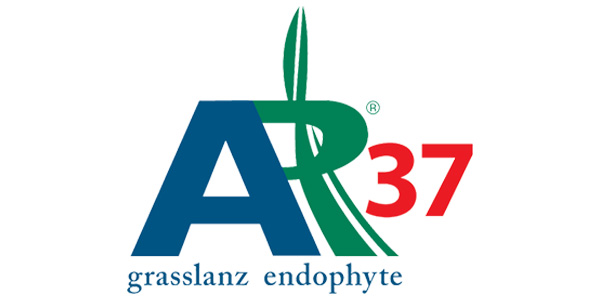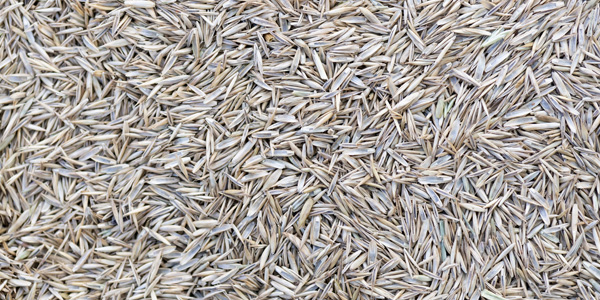
Tiller Growth
Tiller Growth
Ryegrass Management
Understanding pasture management begins with the basics of ryegrass growth.
A ryegrass plant is a grouping of tillers (new shoots), each of which produce fresh leaves. A ryegrass tiller can maintain only three to four green leaves at any time and these leaves are the means by which (through photosynthesis) the plant converts light into energy, thereby driving growth that is measured as drymatter (DM). Grazing a plant early will reduce the leaf area, and therefore the plant’s ability to photosynthesise. During this period the plant will rely on stored energy for growth, until the first new leaf phase and while this occurs pasture growth is delayed. Hence the statement ‘grass grows grass’.
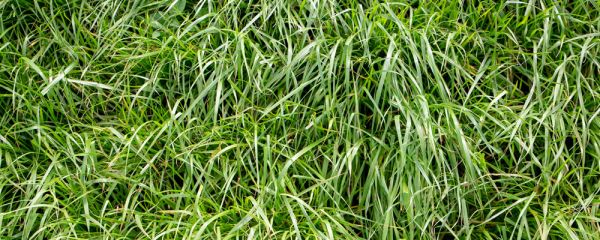
Our Ryegrass Range
VIEW PRODUCTS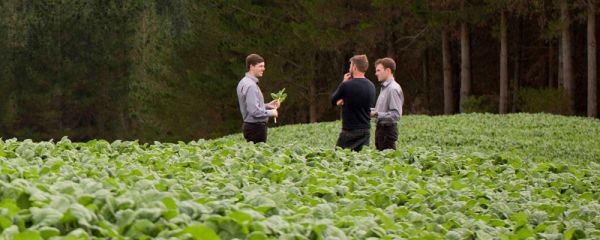
Contact our Team
GET IN TOUCH
TOP
